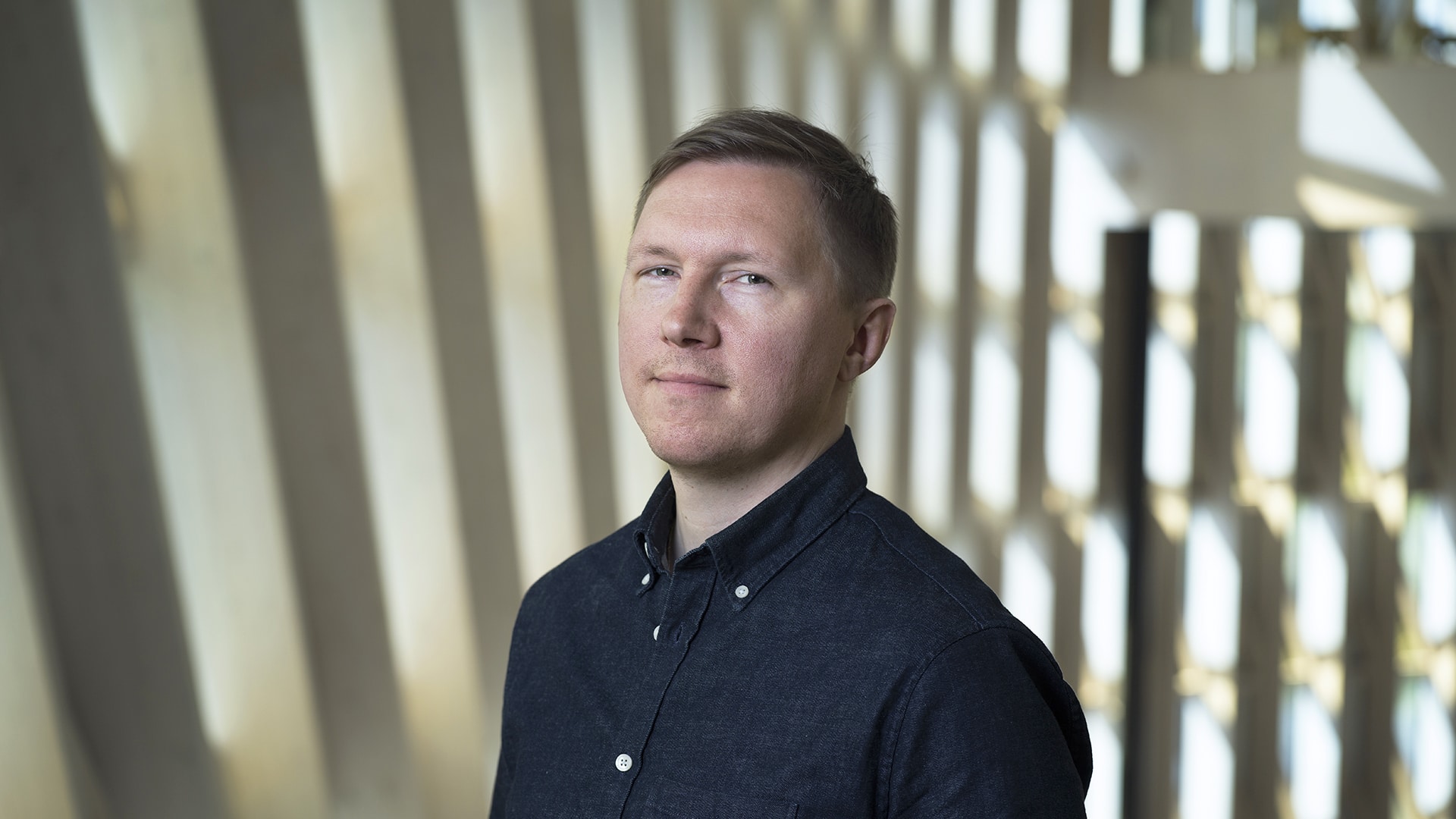Autoimmunity and defective genes behind severe COVID-19
In two new international studies, led by researchers from the US and France, a large group of researchers have discovered that more than 10 percent of previously healthy individuals with severe COVID-19 have autoantibodies attacking their immune system. In addition, 3,5 percent also carries a genetic mutation that results in a lack of type I interferons in response to SARS-CoV-2 infection.
Interferons, a group of signaling proteins, are known to play an important role in the early immune response against viruses. In one of the new studies, all of the affected individuals lacked type I interferons, either because of autoantibody neutralization or simply due to genetic mutations in genes regulating the interferon I levels.
These findings, presented in Science, could help explain why some people infected with SARS-CoV-2 are affected in a much more severe way than others from the same age group. They may also hold the key to understanding why more men than women die from the disease. The new information might also give clues to which treatments should be investigated further.
The two studies are the first to be published under the international consortium, COVID Human Genetic Effort, umbrella. The COVID Human Genetic Effort is an ongoing international project aiming to identify why young patients without underlying conditions develop severe COVID-19 by searching for possible inborn errors of immunity. SciLifeLab researcher Petter Brodin (Karolinska Institutet) was earlier this year appointed the Swedish coordinator for the consortium.
“These new results represent a breakthrough in COVID-19 research and can in part explain why some young and previously healthy individuals get very sick,” says Petter Brodin, in a press release from Karolinska Institutet.
Petter was involved in one of the two studies, where 987 patients with life-threatening COVID-19 pneumonia were examined. The results from that study showed that more than 10 percent of the patients had autoantibodies against interferons at the onset of their infection and that they were capable of inhibiting the type I interferon activity. Surprisingly, 95 percent of the affected individuals were men. Only 4 out of 1,227 randomly selected healthy people did have them, however.
In the second study, researchers compared samples from 530 individuals with asymptomatic or mild infection with more than 650 samples from patients who had been hospitalised or died (14 percent) from life-threatening SARS-CoV-2 pneumonia. A large number of patients with severe COVID-19 turned out to carry rare variants of genes involved in type I interferon regulation and more than 3 percent actually lacked a functioning gene. Further experiments confirmed that immune cells from these patients did not produce any detectable type I interferon levels in response to a SARS-CoV-2 infection.
The researchers will now search for other genetic variations that might affect other types of interferons or additional aspects of the immune response in COVID-19.
Publications:
Autoantibodies against type I IFNs in patients with life-threatening COVID-19
Inborn errors of type I IFN immunity in patients with life-threatening COVID-19
Photo: Andreas Lundberg





